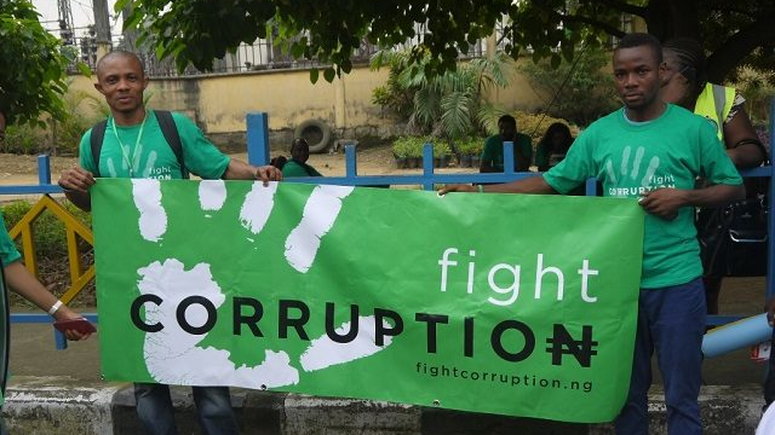The Presidential Advisory Committee Against Corruption (PACAC) has said that while the federal government is doing much on anti-corruption, it is business as usual for most of the states and local governments in the country.
The PACAC Executive Secretary, Prof. Sadiq Isah Radda, said this on Friday in Abuja at an international anti-corruption conference organised by the Civil Society Legislative Advocacy Centre (CISLAC), United Nations Office on Drugs and Crime (UNODC) and PACAC, with the theme “Fighting Money Laundering in the COVID-19 era: Challenges and opportunities”.
- Drama as kidnapped driver finds his kidnapper among passengers
- How ‘fearless’ men are making brisk business from the dead
He said that though fighting corruption is extremely difficult, it is something that must be done, to save the country for the coming generation of Nigerians.
“Corruption is like a cancer. It is a problem created by us Nigerians and which must be fought. Fighting corruption is not all about the leaders, it involves all the segments of the society.
“Lots of efforts are being put at the federal level. We don’t seem to be interested at the states and local governments. If we can replicate what is being done at the federal level in the states and local governments, we are likely to make better progress.
“So, there is the need for synergy between the federal and the states and local governments. The federal government is doing its best, but for many of the states, it is business as usual. The state governments are receiving close to 52 percent of money allocation, so they controlled a lot of resources sent to them monthly,” Radda said.
Speaking earlier CISLAC Executive Director, Auwal Musa Rafsanjani, said that the conference, also attended via zoom was due to the massive resources Nigeria lost to money laundering and illicit financial flows in the context of the COVID-19 global pandemic.
“This has only accelerated the trend for criminals to explore new avenues for cybercrime and corruption. One of the consequences of the pandemic has been that criminality has become more global than ever including acts of corruption. Corruption thrives due to relaxed compliance procedures, emergency procurements and chaos triggered by the global emergency.
He said that in managing the economic fallouts of the pandemic, the government committed to judiciously disburse funds and provide clear results of expenditures through transparent procurement processes and published audit reports.
“However, realities seem different as allegations of mismanagement or misappropriation of funds, non-transparent management of the palliatives and the lack of comprehensive data for in-depth analysis,” Rafsanjani said.
He said that Nigerian tax evasion and proceeds from corruption activities do not stay at home, as the assets move abroad to the tune of around $18bn a year.
Also, the Chairman Independent Corrupt Practices and Other Related Offences Commission (ICPC), Prof. Bolaji Owasanoye, represented by Mr. Michael Agboro, said fighting corruption has become more imperative because of the challenges that COVID-19 emergency response has brought to the fore.

 Join Daily Trust WhatsApp Community For Quick Access To News and Happenings Around You.
Join Daily Trust WhatsApp Community For Quick Access To News and Happenings Around You.


